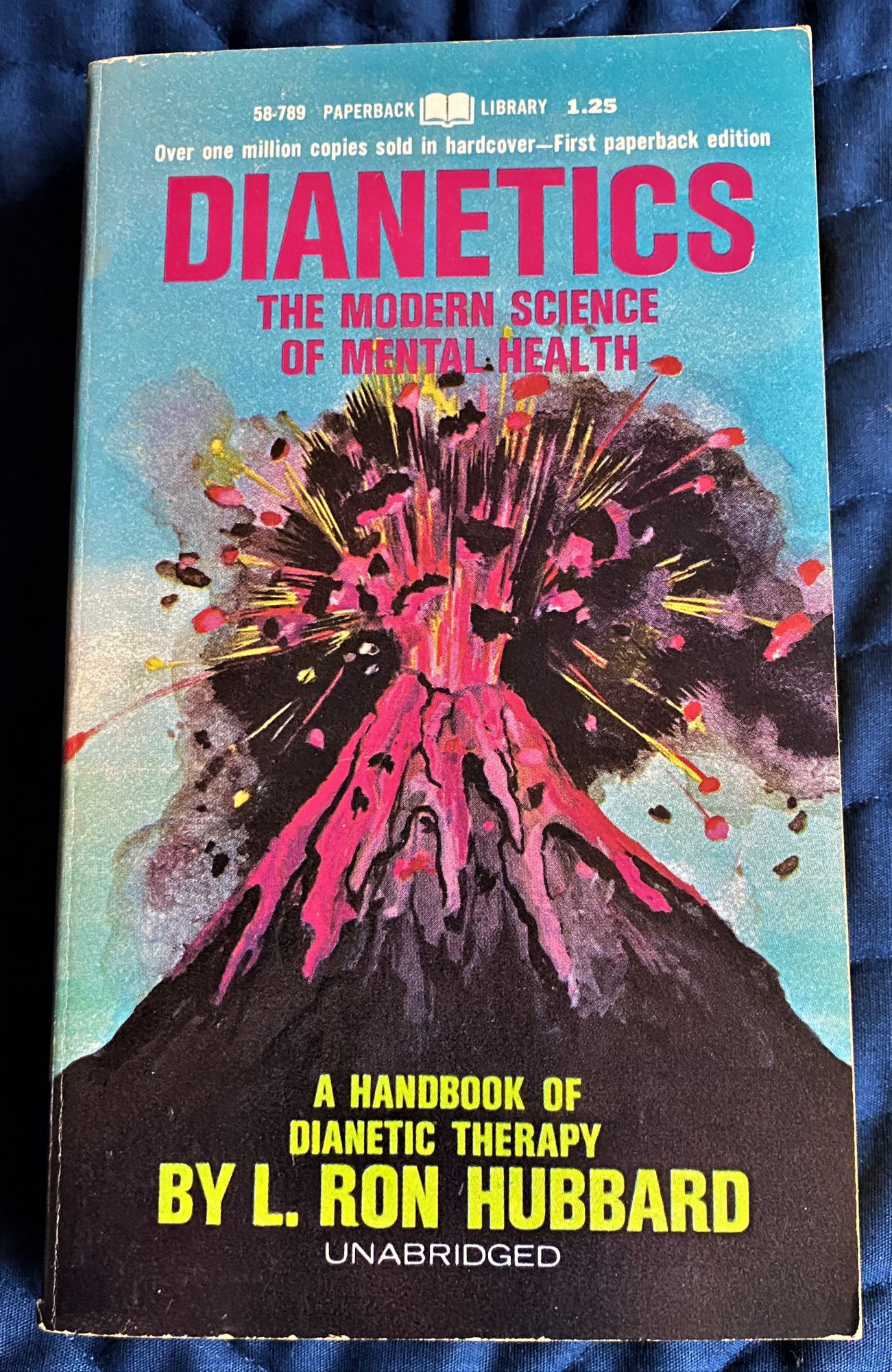Dianetics - An Overview
Table of ContentsAbout DianeticsUnknown Facts About DianeticsThe Basic Principles Of Dianetics Dianetics Fundamentals Explained
I could not ever not intend to receive anything that comes to mind for you- if it was otherwise, I wouldn't be resting here with you, doing this. I not just can never have a problem, or otherwise wish to hear something that enters your mind for you, however I'm totally excited to know every idea, every thought, every image or sensation that arises or shows up for you- do not ever assume or else, and if for some factor you do, please just let me recognize! In some cases, you may have a thought, and image, concept or occurrence pop up that does not seem to address the concern, or associate with it, yet nevertheless, always do inform me about it, and as we continue, the significance will emerge for you.This is integral in the basis of processing, and the topic of this discussion: the fundamental duties of the counselor and the customer: The basic duty of the therapist is, unlike "conventional training", not to control, which means to implement and/or prevent, yet to rather function from the basis of EMPOWERING THE CLIENT.

The Dianetics Statements
John Mcmasters expressed this fundamental fact wonderfully well in one of his talks on Power processing, in which he explains just how he was asked what this "unique propensity" was that he had for giving such excellent sessions; he needed to believe concerning that for a moment, and found that it was what he wasn't doing, in addition to what he was doing: he wasn't examining, judging, computing, or actually, producing any thoughts, not to mention spoken expressions, after offering the command and while waiting on the PC to finish their response to their contentment; he was, just and only, being present with the PC, and totally interested.
The role of the counselor, demonstrated; that was his "unique flair". I have had my very own experience which instructed me this well, extremely early on in the game. In 1982, having actually recently completed my training and internship on New Era Dianetics, I was running link this on a PC, and there was a point in the session where (being a bit wet behind the ears not yet having lots of hours under my belt as a specialist auditor) the computer appeared to be "taking as well lengthy" to share anything vocally after I offered him a command.
This key turned out to be one of the most useful contribution that John Get the facts ever made to the topic of treatment or bookkeeping (Dianetics). In my modest point of view, it is the best payment that anyone has actually ever before made to these subjectsthe application is completely non-judgemental, non-evaluative, and devoid of any tip, recommendations or opinion.no preconditioned agenda for individuals, or 'degrees' that they need to do
In Scientology we prided ourselves on not evaluating for people. All that actually suggested was that the auditor did not VERBALLY examine for the Computer in session.
6 Simple Techniques For Dianetics

Any person that had ever before seen John audit can not help but discover a distinct top quality in his bookkeeping."The customer's fundamental role over at this website is to be there with the objective of relocating the direction of their spiritual objectives, and to freely and completely express and experience whatever shows up for them in addressing the inquiries and performing the instructions in the handling.
This is something to process as required. But also, people regularly have prior experience and/or brainwashing in auditing/processing which, somehow, and to some extent, actually misdirects them right into mindsets, concepts and behavior patterns that stop the complete awareness of these roles, and so they will certainly often tend to hinder the expressing of what enters your mind, as in the examples provided above. * The initial, and maybe leading examples of mis-indoctrination resulting in much less than totally smooth and reliable sessions, can be found in particular aspects of the training regimens, or "TR's":"TR's" are usually an individual's very first, or at the very least early, experience in Scientology, and while I will take place to clarify what I view as the imperfections in idea and practice, however, have a tendency to be significantly healing, done as they are provided (Hubbard urges that "TR's are not refining, they are training", yet factually, they are both handling AND training)
There is no "flunking", and no denial of the fact of this being handling. The focus, as it needs to be, is on experiencing the other person's existence.
Rumored Buzz on Dianetics

Comments on “Some Known Details About Dianetics”